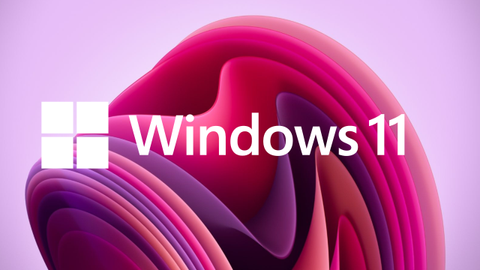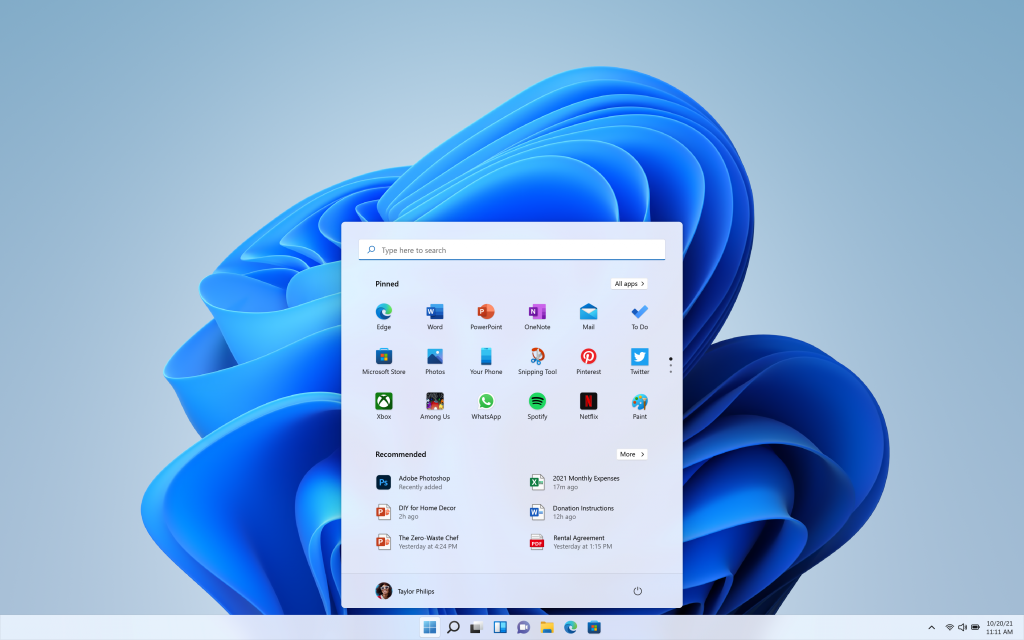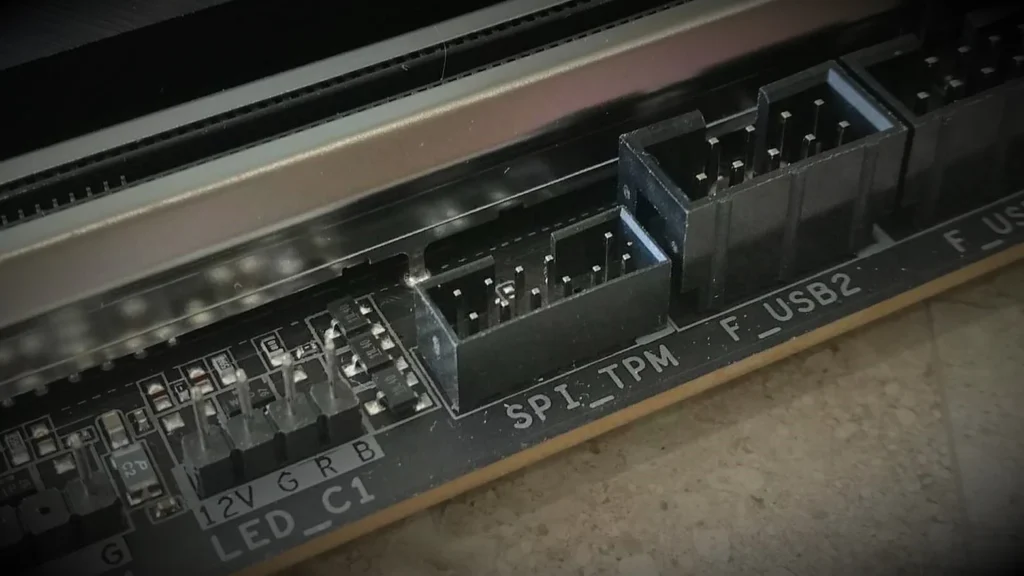Microsoft has reiterated that having a Trusted Platform Module (TPM) is a “hard requirement” for Windows 11 iso, reinforcing its steadfast commitment to bolstering security through hardware-based protections. The term “hard requirement” echoes the company’s firm stance that TPM 2.0 is indispensable for users aiming to upgrade to or install the latest Windows operating system.
This rephrasing highlights Microsoft’s dedication to prioritizing robust security features over backward compatibility, ensuring a safer and more reliable computing environment for its users. Here’s what this means for users, why Microsoft insists on it.
Support our team. We may earn a commission by buying through our links HERE
What is a Trusted Platform Module (TPM)?

A Trusted Platform Module, or TPM, is a dedicated hardware component designed to enhance security on a computer. It acts as a secure cryptoprocessor, handling sensitive data like encryption keys, digital certificates, and passwords. By isolating this data from the rest of the system, a TPM minimizes the risk of cyberattacks and unauthorized access.
Modern computers typically include TPM functionality either as a discrete chip or embedded within the system’s firmware (via TPM 2.0). This feature is essential for advanced security mechanisms like BitLocker encryption, Windows Hello biometric authentication, and Secure Boot.
Why is TPM Required for Windows 11 iso?

When Microsoft announced Windows 11 in 2021, it raised eyebrows by requiring TPM 2.0 for installation. According to the company, this mandate was not arbitrary but rooted in a commitment to improving device security.
- Enhanced Protection Against Cyber Threats:
TPM helps protect against malware, ransomware, and other attacks by securely storing encryption keys and other sensitive data. Microsoft aims to create a safer computing environment for both personal and professional users. - Support for Zero Trust Architecture:
A TPM aligns with Microsoft’s move toward Zero Trust security, which assumes no device or user can be fully trusted without verification. This approach is vital in an era of growing hybrid work environments. - Securing Emerging Technologies:
As features like virtualization, AI, and cloud integration become more prominent, robust hardware-based security is crucial. A TPM helps safeguard these functionalities, enabling Windows 11 to support advanced workloads securely.
Microsoft’s Stance: “Non-Negotiable” windows 11 iso

Microsoft has doubled down on the TPM requirement, despite criticism from some users and IT professionals. The company’s position is that Windows 11 must prioritize security over backward compatibility. Allowing exceptions for older systems without TPM 2.0, they argue, would undermine the OS’s security foundation.
According to David Weston, Microsoft’s VP of Enterprise and OS Security, the decision was about long-term benefits. “We’ve made security a first-class citizen,” Weston stated, highlighting how TPM enables features like hardware root of trust, secure identity management, and data encryption.
Implications for Users and Businesses
The TPM requirement has sparked mixed reactions:
- Compatibility Concerns:
Many older PCs, especially those without TPM 2.0, cannot upgrade to Windows 11. This has frustrated users who feel their otherwise functional systems are being left behind. - Increased Security Standards:
Businesses and IT teams must ensure that their hardware is compliant with Microsoft’s standards, driving investment in newer, more secure devices. - Boost for the Hardware Industry:
Hardware manufacturers have seen increased demand for TPM-compatible motherboards and chips, especially after Microsoft’s announcement.
How to Check for TPM Compatibility

Users can determine if their system has TPM by following these steps:
- Press
Windows + Rto open the Run dialog box. - Type
tpm.mscand press Enter. - A new window will display TPM availability and version.
If TPM 2.0 is not present, users can check their BIOS/UEFI settings, as many modern systems include firmware TPM (fTPM) that can be enabled.
Microsoft’s “non-negotiable” stance on TPM for Windows 11 underscores its commitment to security in an increasingly digital world. While the requirement has caused disruptions for some users, it reflects a forward-looking approach to combating evolving cyber threats. As the tech industry continues to adopt stronger security measures, TPM is likely to become a standard component of modern computing. For now, users and businesses must weigh their options to ensure compliance with this new era of secure computing.
check out latest news and updates HERE and sign up our newsletter.